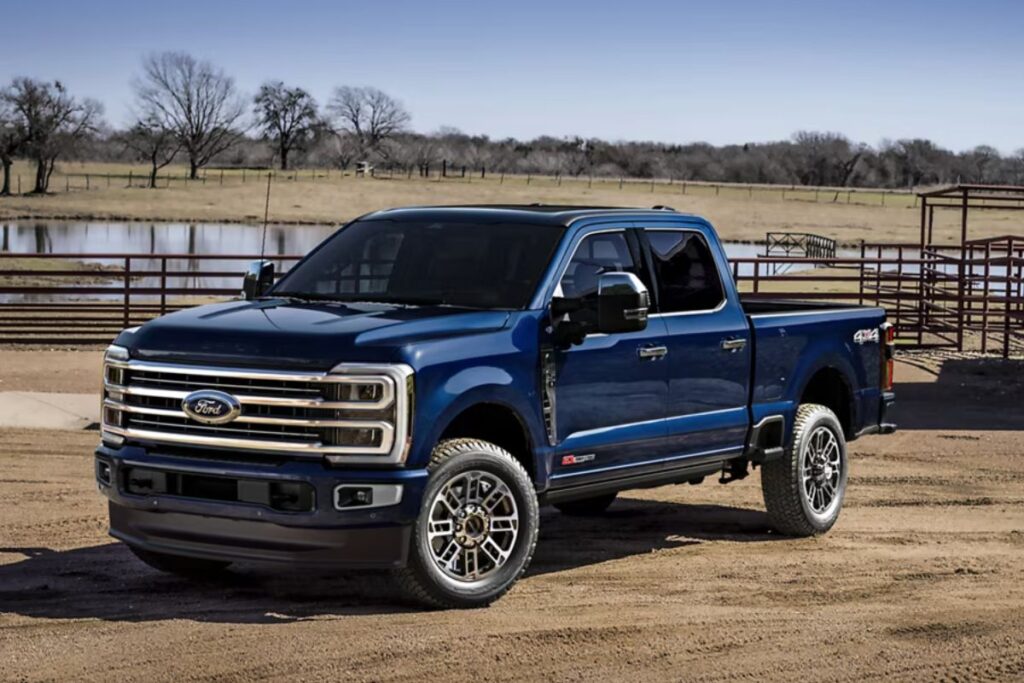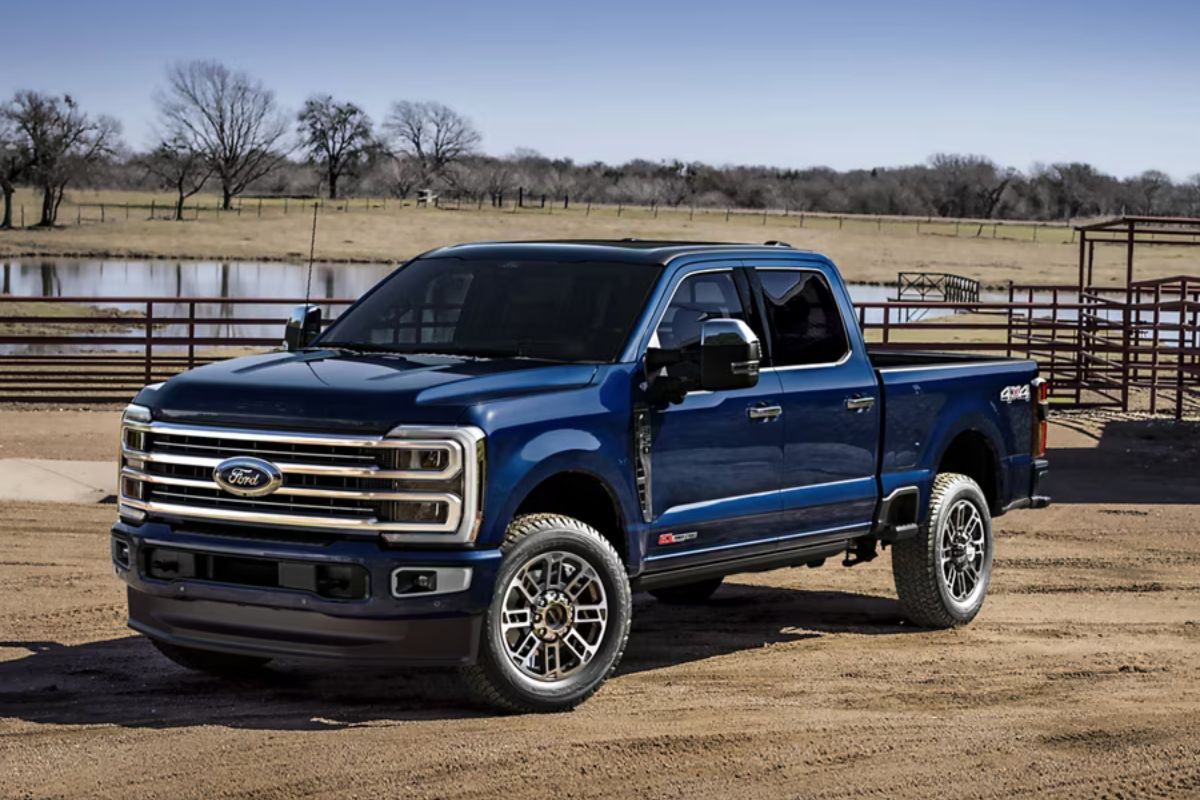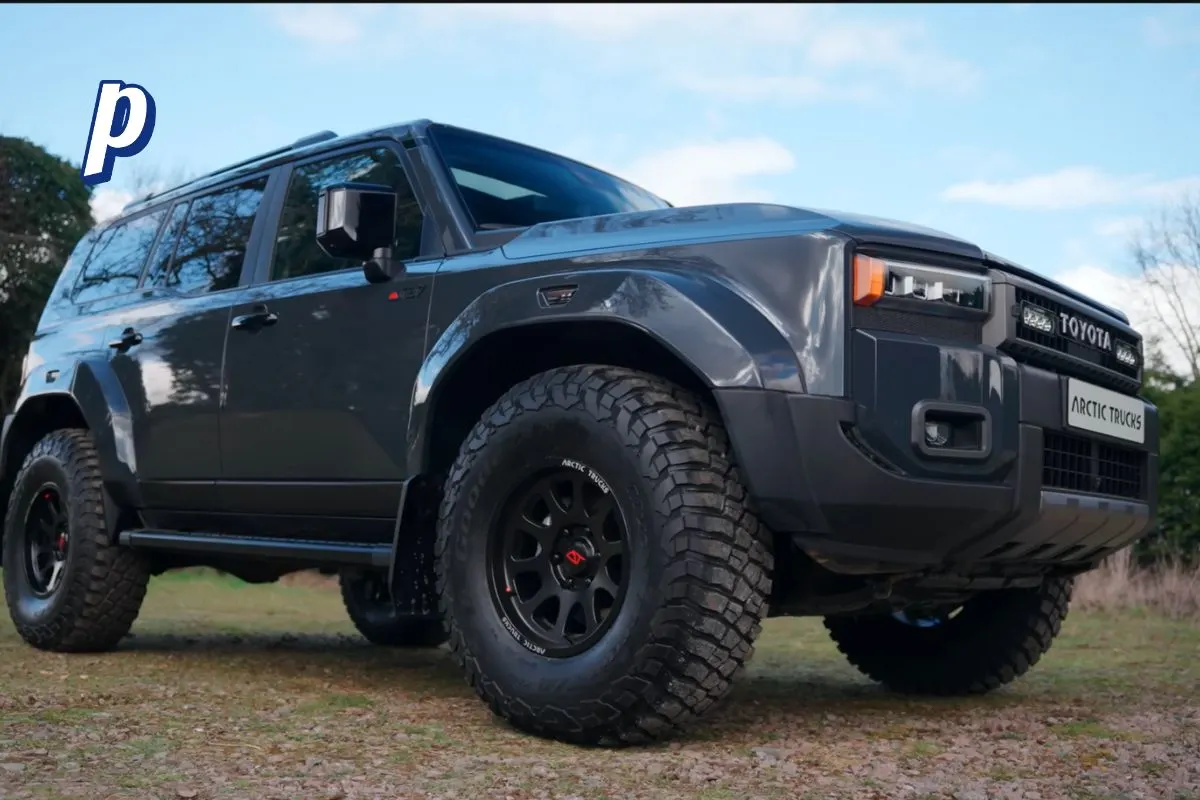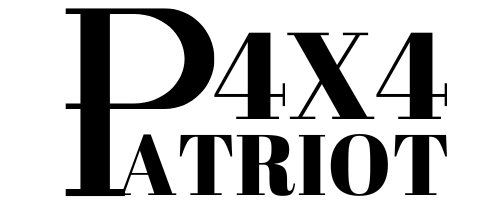2025 Ford F-Series models featuring fewer diesel engine options. Discover alternative powertrains, performance specs, and what this means for truck enthusiasts.
The Ford F-Series has long been a staple in the American truck market, known for its robust performance, versatility, and reliability. As we look towards the 2025 models, there are significant changes on the horizon, particularly regarding engine options. This article delves into the implications of having fewer diesel engine choices in the upcoming Ford F-Series lineup, exploring the reasons behind this shift, the available alternatives, and what it means for consumers.
The Shift in Diesel Engine Availability
Traditionally, diesel engines have been a cornerstone of heavy-duty trucks like the Ford F-Series. However, as consumer preferences evolve and regulatory pressures increase, Ford is adjusting its strategy. For the 2025 model year, there will be fewer diesel engine options available across the F-Series lineup.
Reasons for Reduced Diesel Options
- Regulatory Compliance: Stricter emissions regulations have made it increasingly challenging for manufacturers to produce diesel engines that meet environmental standards. This has led to a reevaluation of diesel offerings.
- Consumer Preferences: There is a noticeable shift among consumers towards more fuel-efficient and environmentally friendly options. Many buyers are now favoring hybrid and gasoline engines over traditional diesel variants.
- Technological Advancements: Advances in gasoline engine technology have resulted in powertrains that can deliver comparable performance to diesels while being cleaner and more efficient.
Overview of Available Engines for 2025

Despite the reduction in diesel options, the 2025 Ford F-Series will still offer a variety of powerful engines to meet diverse consumer needs. Here’s a breakdown of what you can expect:
Gasoline Engines
- 2.7L EcoBoost V6: Known for its efficiency and power, this engine delivers robust performance without sacrificing fuel economy.
- 5.0L V8 (Coyote): A favorite among truck enthusiasts for its reliability and power output. This engine continues to be a strong option for those who prefer traditional V8 performance.
- 3.5L PowerBoost Hybrid: Combining a twin-turbo V6 with an electric motor, this hybrid option offers impressive torque and fuel efficiency, making it ideal for both work and play.
read more: Ford Maverick Faces 14 Recalls in Two Years: What’s Going On?
Diesel Engine Options
The primary diesel option remaining in the lineup is:
- 6.7L Power Stroke V8 Turbo Diesel: This engine maintains its reputation for high torque and towing capacity but will be less emphasized compared to previous years. It is available primarily in heavy-duty models like the Super Duty series.
Performance Metrics
The performance metrics of these engines highlight their capabilities:
| Engine Type | Horsepower | Torque | Fuel Economy (mpg) |
|---|---|---|---|
| 2.7L EcoBoost V6 | 325 hp | 400 lb-ft | Up to 20 city / 26 highway |
| 5.0L V8 | 400 hp | 410 lb-ft | Up to 16 city / 24 highway |
| 3.5L PowerBoost Hybrid | 430 hp | 570 lb-ft | Up to 25 city / 26 highway |
| 6.7L Power Stroke Diesel | Up to 500 hp | Up to 1200 lb-ft | Estimated at around 20 highway |
Implications for Consumers
Pros of Reduced Diesel Options
- Lower Maintenance Costs: Gasoline engines generally have lower maintenance costs compared to diesels, which require more specialized care due to their complexity.
- Better Fuel Efficiency: With advancements in gasoline technology and hybrid systems, buyers may find better overall fuel efficiency than traditional diesels.
- Environmental Considerations: As consumers become more environmentally conscious, opting for gasoline or hybrid engines aligns with greener practices.
Cons of Reduced Diesel Options
- Towing Capacity: Diesel engines are renowned for their towing capabilities; thus, those who rely heavily on towing may find fewer suitable options in the new lineup.
- Performance Preferences: Some truck enthusiasts prefer the unique driving experience that diesel engines offer—particularly their torque delivery and sound.
Consumer Reactions and Market Trends
The reduction in diesel options has sparked mixed reactions among consumers. While some appreciate Ford’s move towards cleaner technologies, others express concern over losing a reliable workhorse that has served them well over the years.
Market Trends
- Increased Popularity of Hybrids: The hybrid model is gaining traction among consumers who seek both power and efficiency without compromising on performance.
- Growth of Electric Vehicles (EVs): As EV technology continues to evolve, future iterations of the F-Series may include fully electric models that cater to environmentally conscious buyers while maintaining performance standards.
Conclusion
The changes coming with the 2025 Ford F-Series reflect broader trends within the automotive industry as manufacturers adapt to new consumer preferences and regulatory environments. While fewer diesel options may disappoint some traditionalists, Ford’s commitment to providing powerful gasoline and hybrid alternatives ensures that there will still be plenty of choices for truck enthusiasts.
As we move forward into an era where sustainability becomes increasingly important, it will be fascinating to see how Ford navigates these challenges while maintaining its status as a leader in the pickup truck market.
This comprehensive overview should engage readers interested in understanding how the upcoming changes will affect their choices within the Ford F-Series lineup while providing insights into broader automotive trends related to engine technology and consumer preferences.










